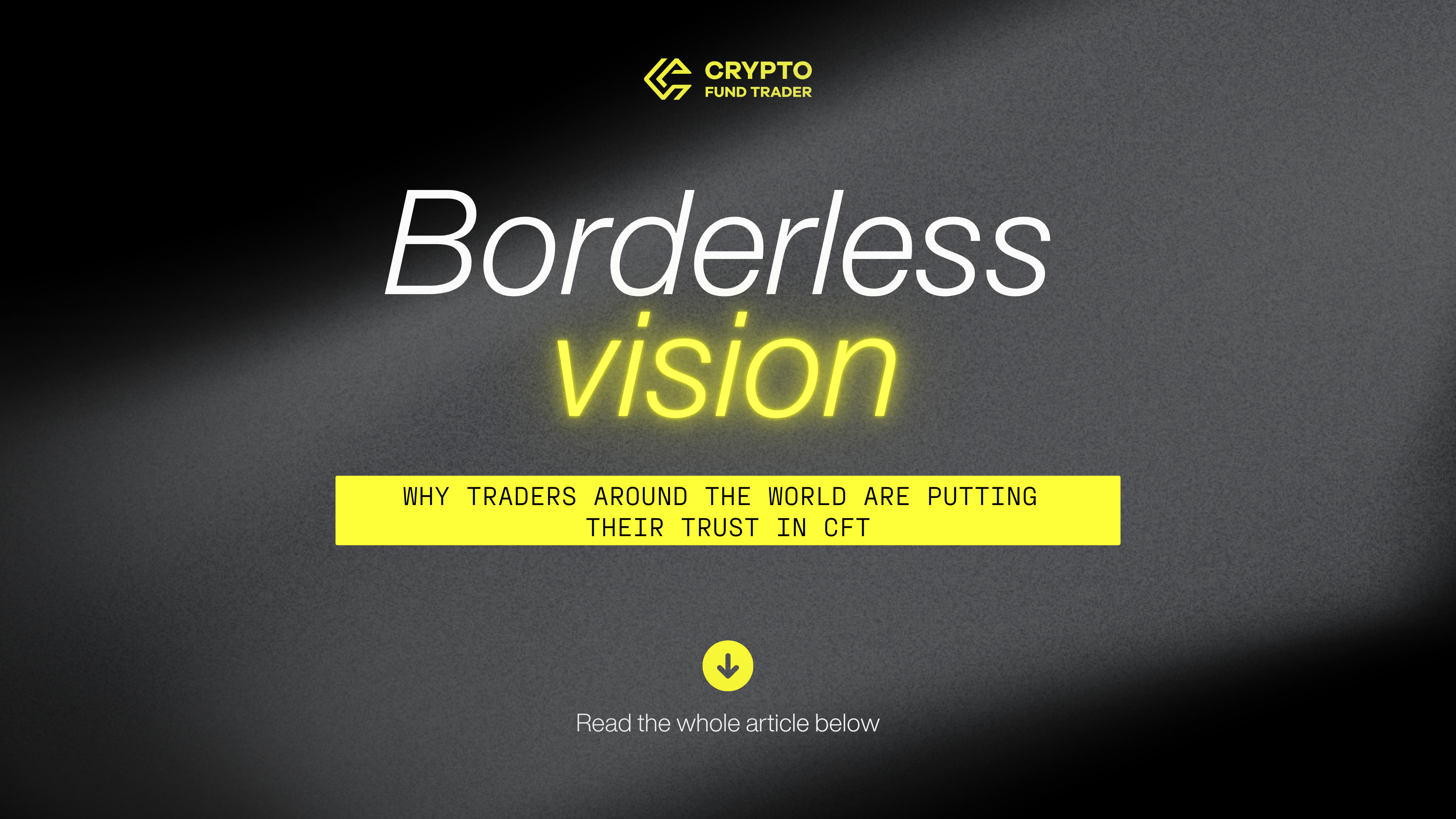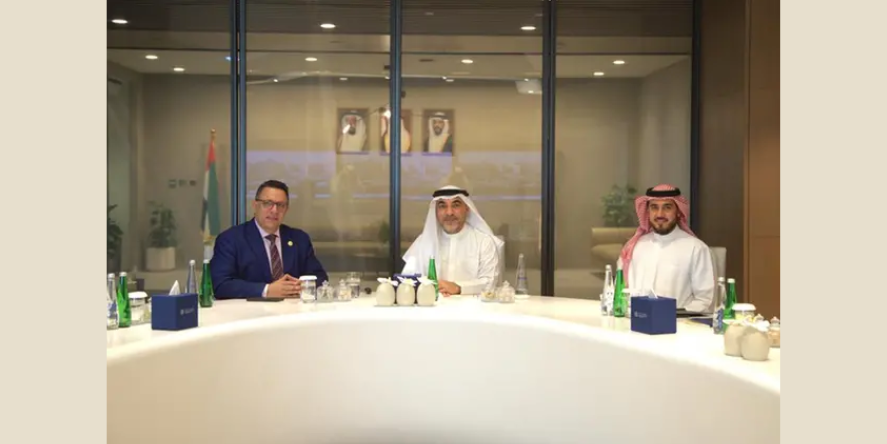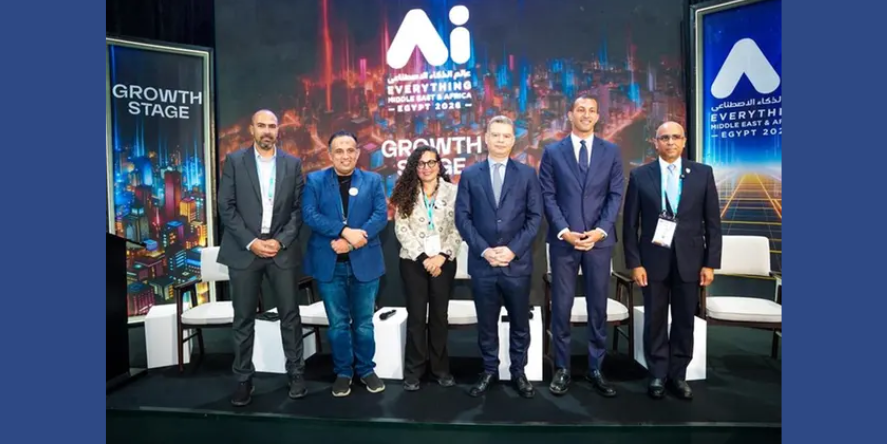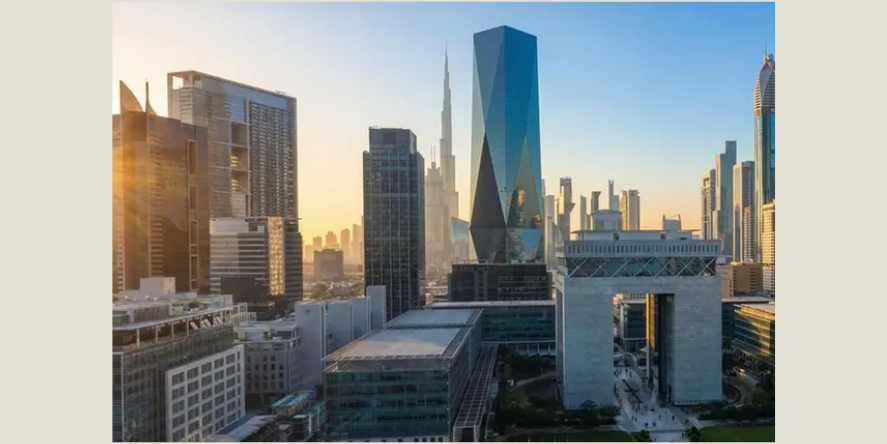A Decade in Motion
The demand for loans has surged, resulting in a fundamental restructuring of the MENA banking system. The industry has changed in ways that affect financial stability and economic growth. One report in particular stated that the region grew year over year (YoY), with net profits rising by 30% and net assets rising by 12.2%. The strong success was also evident in the region’s banks, whose operating income increased by 18.8 percent. The loan-to-deposit ratio (LDR) has risen to 5.43%, while total deposits have climbed by 60.8%. This article will shed light on the most notable events and trends that unfolded in MENA banking and finance in 2023.
The Rise of Fintech Startups in MENA
In MENA, fintech’s are transforming the economy. This change in the provision and use of financial services represents a paradigm shift rather than merely a trend. Over 200 fintech businesses operated in the area in 2023; by 2025, that number is predicted to treble. This quick expansion is evidence of the area’s spirit of entrepreneurship. The regional fintech industry is projected to grow at a CAGR of 21.42% from 2023 to 2028, and its valuation will rise from USD 14.88 billion in 2023 to USD 39.26 billion by 2028.

MENA Countries Embrace Cryptocurrencies
Another key moment in 2023 has been the widespread adoption of cryptocurrencies by MENA countries. Countries such as the United Arab Emirates, Saudi Arabia, and Bahrain have been at the forefront of this digital revolution. As governments and central banks recognise the potential of digital currencies, they have taken steps to create regulatory frameworks and explore the use of blockchain technology. For example, the United Arab Emirates has introduced the “Regulatory Framework for Stored Values and Electronic Payment Systems,” which provides a comprehensive legal framework for cryptocurrencies and digital assets. According to recent studies, MENA has the sixth-largest crypto economy, with a projected USD 389.8 billion in on-chain value collected between July 2022 and June 2023. Almost 7.2% of all transactions made worldwide throughout the study period were made via this.
With the intention of creating progressive regulatory frameworks for cryptocurrencies that promote innovation while safeguarding consumers and guaranteeing the UAE’s position as a leader in the digital economy, the Abu Dhabi Global Market (ADGM) created the first regulatory framework for cryptocurrencies in history in 2018. Similar objectives were adopted by Dubai’s own Virtual Asset Regulatory Authority (VARA) in 2022. Furthermore, the crypto economy in Saudi Arabia expanded, with a YoY increase in transaction volume of 12.0%. This has made it possible for the region to see a rise in cryptocurrency investments and the creation of blockchain-based solutions.

Islamic Finance Continues to Thrive
The MENA region has seen a steady increase in the use of Islamic finance, a system founded on moral and religious precepts. A greater variety of financial goods and services are now available as a result of Islamic finance’s growing popularity. A wide range of products, such as car finance, Islamic bonds, Takaful (Islamic insurance), and Shariah-compliant mortgages, are now offered by Islamic banks, insurance companies, and investment organisations.
The sector was valued at an estimated USD 3.25 trillion in 2022, according to the Islamic Financial Services Board’s (IFSB) “The Islamic Financial Services Industry (IFSI) Stability Report 2023.” Its YoY growth rate was 6.2%, and by 2025, its value is expected to reach USD 4.94 trillion. Since a large portion of the population in the MENA region is Muslim, upholding Islamic values is crucial. As a result, there has been a growing need for financial systems that adhere to these ideals. Muslims who are searching for moral substitutes for conventional financing can find what they need in Islamic finance.
The ability of Islamic finance to withstand economic downturns is one of the main reasons for its success in the MENA area. When compared to their conventional counterparts, Islamic financial institutions fared better during the 2008 global financial crisis. The emphasis on asset backing, risk-sharing, and avoiding excessive leverage, which lessens the impact of speculative bubbles, is responsible for this stability. In addition to drawing in local clients, the expansion of Islamic finance has established MENA as a major hub for Islamic financing worldwide.
Strengthening Financial Inclusion Efforts
MENA governments and financial institutions placed a strong emphasis on promoting financial inclusion. In an attempt to provide underprivileged and unbanked communities with formal financial services, efforts were made to deliver banking services to them. Certain nations have made noteworthy advancements in promoting financial inclusion.
“The Financial Sector Development Programme” was established by Saudi Arabia in order to bolster financial institutions’ ability to assist the private sector. By 2025, the percentage of non-cash transactions is expected to rise from 36% in 2019 to 70%. Consequently, there will be less reliance on cash transactions, improving financial stability.
Egypt, on the other hand, revealed its financial inclusion plan, which emphasises working with government agencies. The Egyptian Central Bank has offered programmes and initiatives to improve financial inclusion. By the end of 2021, the inclusion rates will have risen from 33% in 2017 to 56.2%. Mobile banking and digital wallets played a crucial role in bridging the gap and extending financial services to remote areas.

MENA Stock Exchanges Experience Growth
MENA stock exchanges also witnessed significant growth in 2023 as investors sought opportunities in the region’s dynamic economies. Countries like Saudi Arabia, the UAE, and Egypt saw increased market activity, with new listings and IPOs generating enthusiasm among investors. This surge in stock market activity has contributed to the overall development and maturity of MENA financial markets.
Future Outlook
The year 2023 marked several key moments in banking and finance across MENA. With the region poised for further growth and adoption of technology at large, it will play a significant role in shaping the industry. These developments will continue to drive innovation and transform the MENA banking and finance landscape in the upcoming years.
Blog by Tamanna Shaikh










